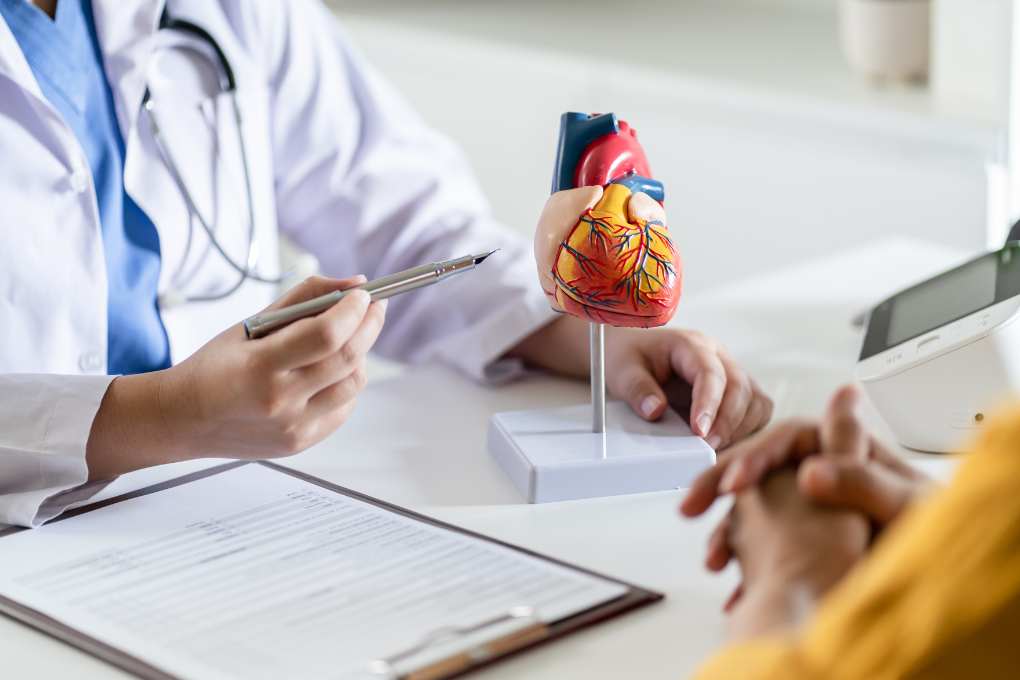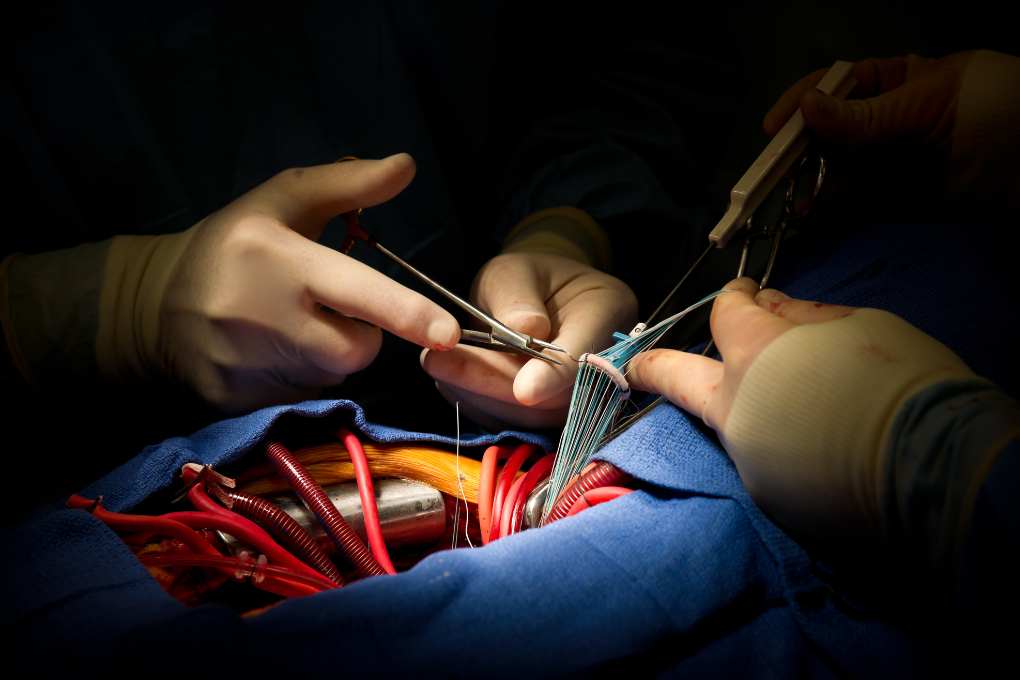From the first angiogram to the latest wonders of hybrid surgery, cardiology has come a long way over the years, showing how quickly heart disease care has changed. In the mid-1950s, the heart-lung machine was first introduced in the United States. This was a huge event in the field of cardiac surgery because it allowed surgeons to work on a still heart while the machine took over important circulation tasks.

Interventions in cardiology today are very different from those done in the past. The move toward minimally invasive procedures shows how far this area of medicine has come. Putting in a stent or balloon angioplasty is now the usual way to treat coronary blockages with accuracy and little pain for the patient.
Transcatheter Aortic Valve Implantation (TAVI), on the other hand, is the crown jewel of recent changes in cardiology. This groundbreaking method can now treat both mitral and tricuspid valves, which makes it even more useful.
The progress doesn’t stop there. Aortic surgery used to be scary because it required a lot of cuts, but now doctors often use a combination of grafts, stents, and open surgery, which is called a “hybrid approach.” These new techniques cut down on recovery times by a lot and improve patient results, opening a new chapter in the surgical treatment of heart disease.

India’s availability of these cutting-edge treatments shows the country’s dedication to embracing and pushing medical innovation. It also shows the world’s progress in cardiac care. These new methods are not only important steps forward in cardiology, but they also represent the future of treating heart disease. As cardiology changes, the main goal is still to create and improve treatments that help patients heal faster, safer, and more effectively. Cardiology is changing in a way that points to a future where treating heart disease will be much less invasive and a lot easier for patients.
More innovations in cardiology are on the way, which could change the way we treat heart problems forever. As more research and development is done, the next generation of heart treatments may soon be ready. These therapies will give both patients and doctors new hope and tools in the fight against heart disease.
For comprehensive well-being, it’s crucial to consider mental health. Check out “Tips for Taking Care of Your Mental Health” for valuable insights on nurturing your emotional well-being amidst the advancements in cardiac care.


